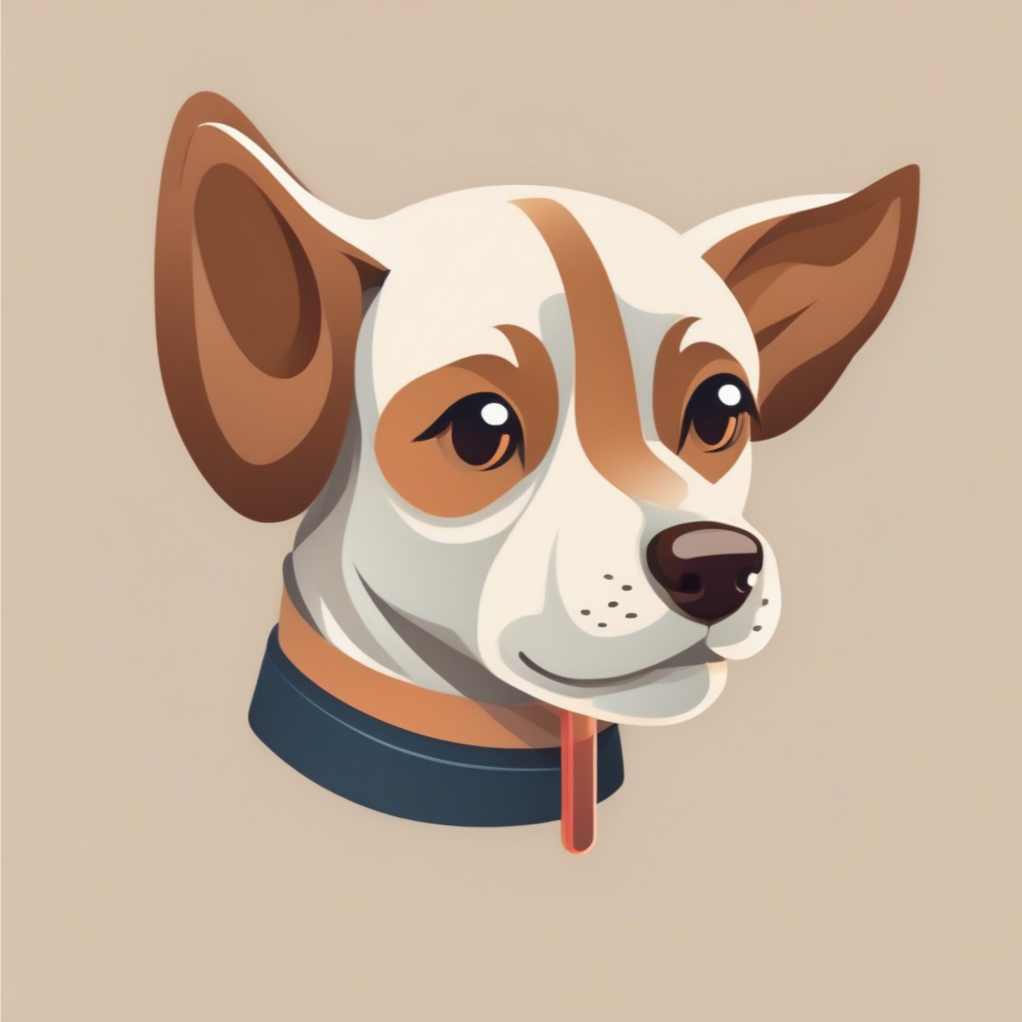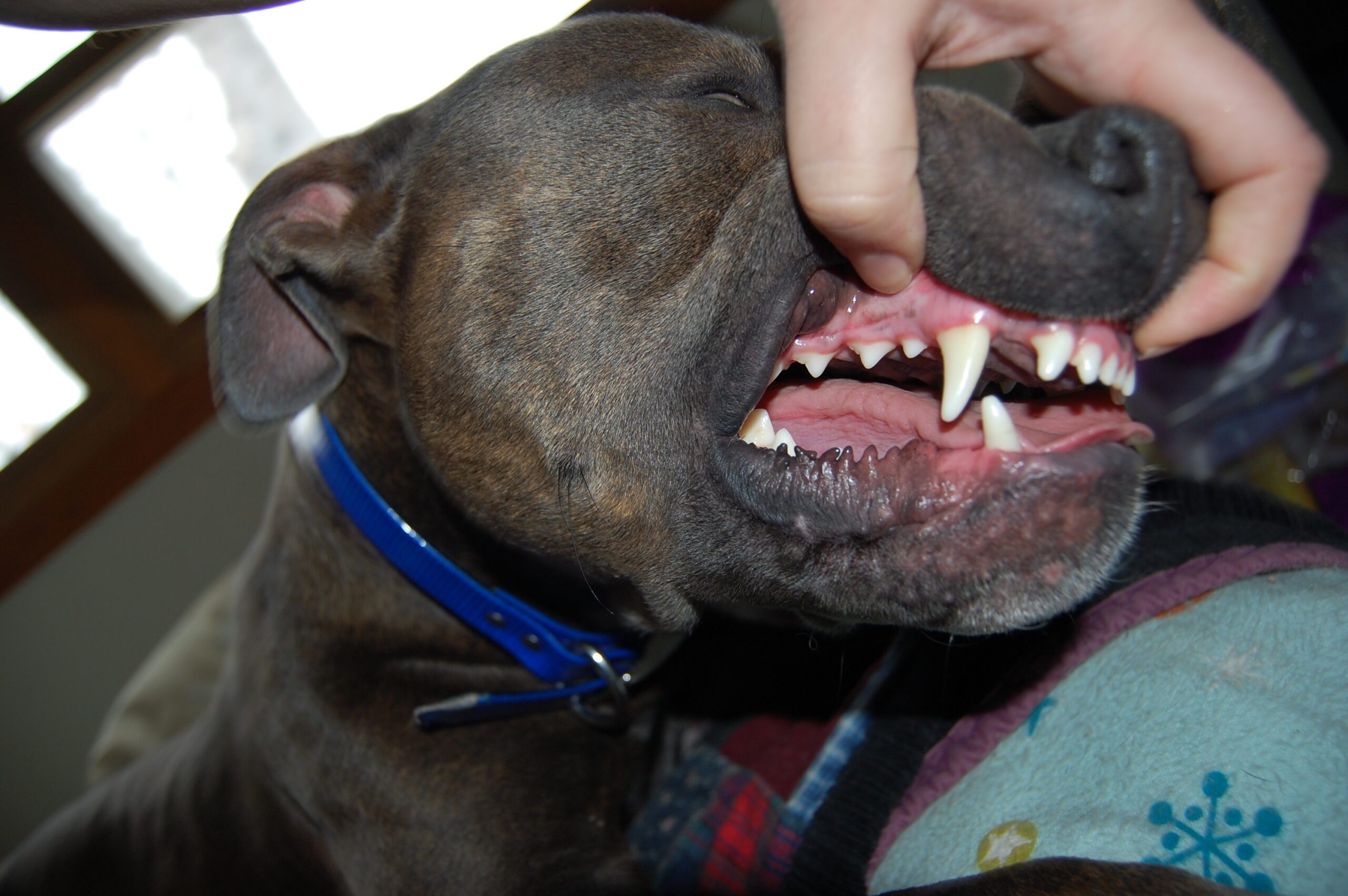As our furry companions age, they bring with them a wealth of joy and cherished memories. However, one common issue that can affect older dogs is poor dental health. Many pet owners wonder what to do when they notice their old dog has bad teeth. Senior dog dental care becomes crucial to ensure their overall well-being. In this article, we will explore common dental problems in elderly dogs, discuss whether your dog is too old for a dental cleaning, and provide essential tips on how to clean old dogs’ teeth.
Neglecting dental care for older dogs can have serious consequences. Over time, the accumulation of plaque and tartar can lead to periodontal disease, also known as gum disease. This condition involves inflammation where harmful bacteria attack the gums, ligaments, and bone supporting the teeth. Consequently, your aging canine companion may experience pain, tooth loss, and difficulties with eating. Prioritizing dental hygiene in older dogs is essential to prevent these issues and maintain their overall well-being.
Common Dental Problems in Elderly Dogs
Just like humans, dogs are susceptible to dental issues as they age. Some of the most common dental problems in elderly dogs include:
- Periodontal Disease: This is a serious gum infection that can lead to tooth loss and even affect the overall health of your senior dog. Periodontal disease is often characterized by bad breath, swollen gums, and difficulty eating.
- Tooth Decay: Older dogs can develop cavities or experience tooth decay, which can cause pain and discomfort, leading to a decrease in their quality of life.
- Gingivitis: Gingivitis is the inflammation of the gums and is a precursor to periodontal disease. It can cause bleeding gums, pain, and discomfort while eating.
Is My Dog Too Old for a Dental Cleaning?
A common misconception among pet owners is that older dogs are too frail for dental cleanings. However, age should not be the sole determining factor when deciding if your senior dog needs a dental cleaning. Instead, focus on their overall health and consult your veterinarian for guidance.
While some senior dogs may have underlying health issues that could complicate dental procedures, many older dogs can benefit from teeth cleaning. Your veterinarian will assess your dog’s overall health, including their heart and liver function, before recommending dental care.
Cleaning a Senior Dog’s Teeth
- Regular Brushing: To maintain good senior dog dental care, start by brushing your dog’s teeth regularly. Use a soft-bristle toothbrush and toothpaste specially formulated for dogs. Begin slowly, and be patient as your dog gets used to the routine.
- Dental Chews and Toys: Providing dental chews and toys designed to promote oral health can help reduce plaque and tartar buildup. Look for products with the Veterinary Oral Health Council (VOHC) seal of approval.
- Professional Dental Cleaning: If your veterinarian recommends it, schedule a professional dental cleaning for your senior dog. This procedure is performed under anesthesia to ensure a thorough cleaning and minimize stress for your dog.
Tips for Cleaning Your Senior Dog’s Teeth
Here are some essential tips for maintaining your senior dog’s dental health:
- Start Early: Begin dental care routines when your dog is young to establish good habits.
- Monitor Their Diet: Choose high-quality dog food that promotes dental health. Some foods are designed to reduce tartar buildup.
- Regular Check-ups: Schedule regular veterinary check-ups to catch dental issues early and address them promptly.
- Be Gentle: Approach dental care with patience and gentleness. Make it a positive experience for your senior dog.
Conclusion
Old age should not mean bad teeth for your beloved canine companion. Senior dog dental care is essential for maintaining their overall health and quality of life. Remember that age should not be the sole factor in deciding whether your dog is too old for a dental cleaning. Consult your veterinarian, and together, you can ensure that your older dog enjoys a bright smile and comfortable retirement years. So, follow these tips for cleaning your senior dog’s teeth and ensure they continue to wag their tail with joy for years to come.
Frequently asked questions related to Dental Care for Older Dogs:
- What can you do for an old dog with rotting teeth? For an old dog with rotting teeth, it’s essential to consult with a veterinarian. Treatment options may include dental cleaning, extractions, or other dental procedures to address the dental issues and relieve any pain or discomfort. Your vet can provide guidance on the best course of action based on your dog’s specific situation.
- How long can a dog live with bad teeth? The impact of bad teeth on a dog’s lifespan can vary depending on the severity of the dental issues and the dog’s overall health. Untreated dental problems can lead to pain, infection, and even systemic health issues. While it’s challenging to provide an exact timeframe, addressing dental problems promptly can improve a dog’s quality of life and potentially extend their lifespan.
- Is it normal for old dogs to have bad teeth? It is relatively common for older dogs to develop dental issues, including bad teeth. Dental problems can progress with age due to factors like tartar buildup, gum disease, and tooth decay. Regular dental care and check-ups can help prevent or manage these issues in aging dogs.
- Should a 15-year-old dog have dental surgery? The decision to have dental surgery for a 15-year-old dog should be made in consultation with a veterinarian. Factors such as the dog’s overall health, the severity of dental problems, and the risks associated with anesthesia should all be considered. In some cases, dental surgery may be recommended to improve the dog’s comfort and quality of life, while in others, it may not be advisable due to the dog’s age and health status. Your veterinarian can provide specific guidance based on your dog’s individual needs.


6 thoughts on “Dental Care for Older Dogs: Ensuring a Bright Smile in Their Golden Years”